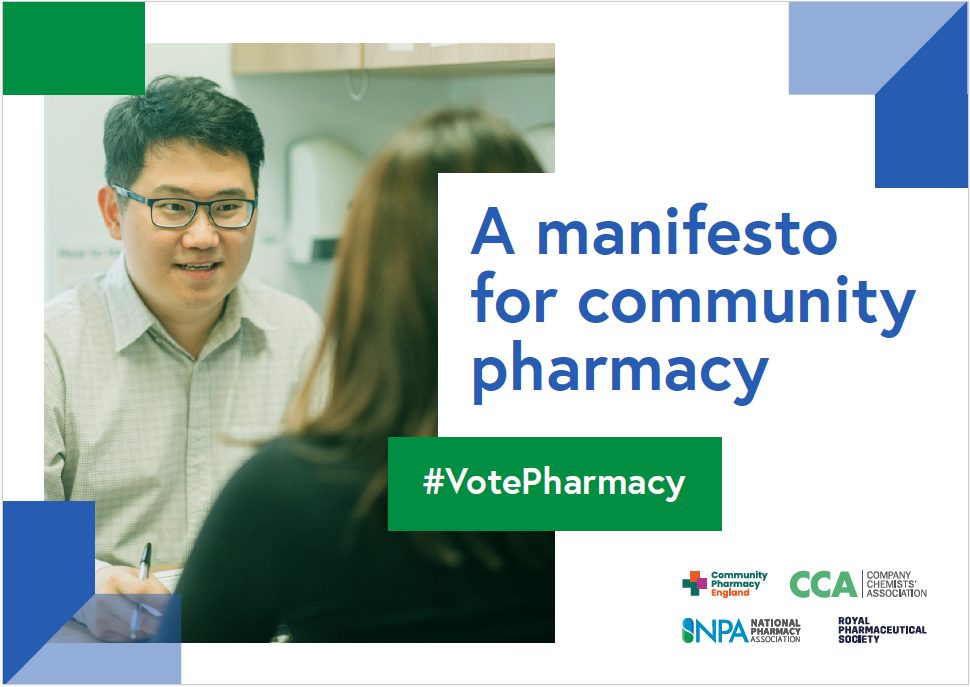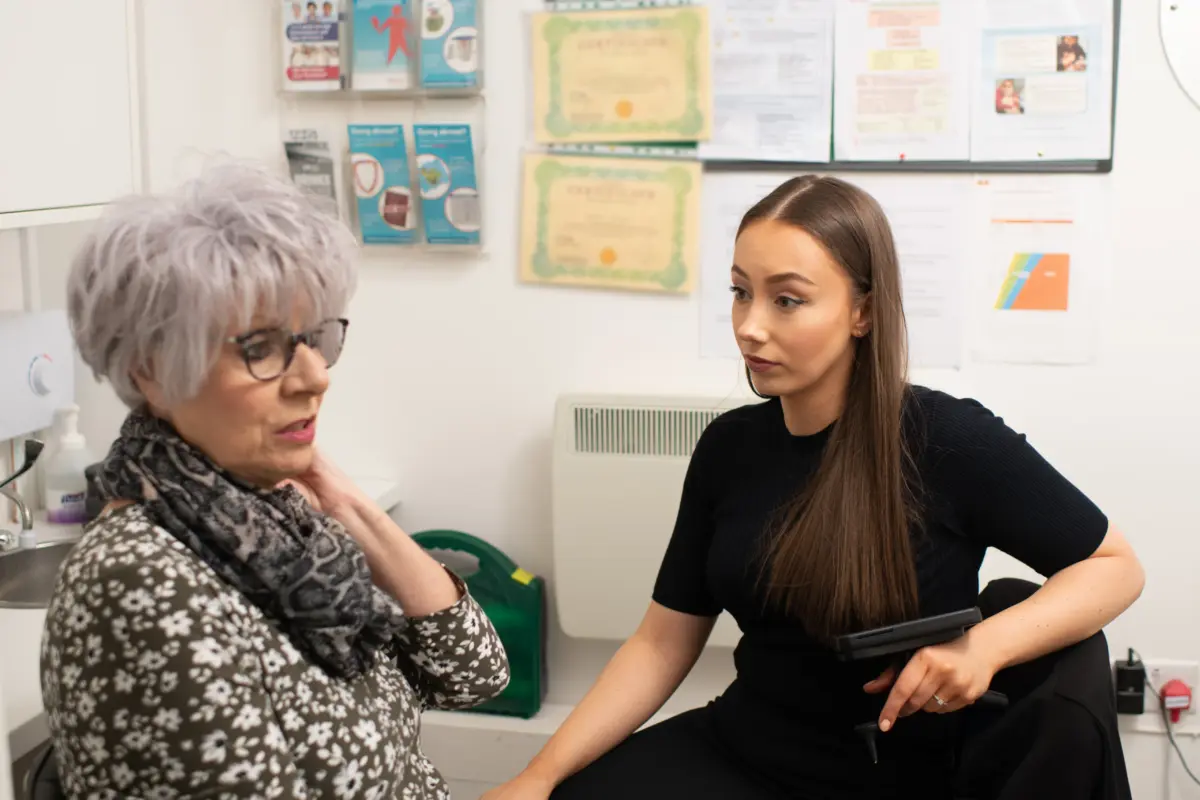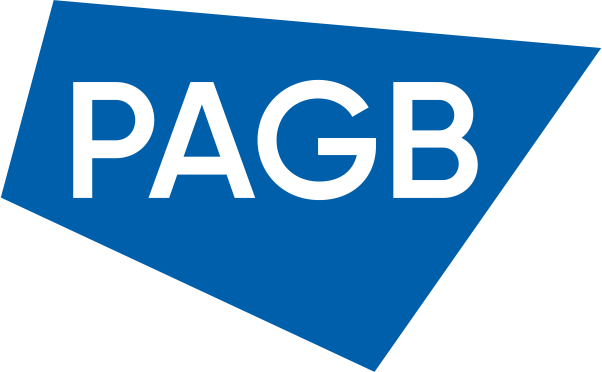Service case study: Cumbrian pharmacist drives forward the case for independent prescribing (May 2015)
Published on: 3rd September 2015 | Updated on: 28th March 2022
One day back in 2013, pharmacist Gareth Jones from Barrow-in-Furness attended a roadshow and started talking to some of his local Clinical Commissioning Group (CCG) representatives about the benefits of running a pharmacy Minor Ailments Service (MAS), but that was just the start. Since then Gareth has not only worked to get the service up and running, but he has also now undertaken an independent prescribing course, funded by NHS Cumbria CCG, and been given access to patient records.
At the roadshow, Gareth had advised the CCG that Murrays Pharmacy is located in an area of high deprivation without a GP practice nearby and so a service allowing patients to have quick access to medical treatments for common ailments would be of benefit to the local community. Gareth then paved the way for others by helping create the specification for and piloting MAS in his own pharmacy last year before helping to roll it out across the area when it proved popular.
|
“I can now supply a wider range of medication than the standard minor ailments service including those only available with a prescription once I have carried out a clinical assessment.” Gareth’s area of expertise is “acute illness in primary care” so he can prescribe medicines to treat a range of minor conditions. Some of the drugs he regularly prescribes include: amoxicillin for each ache; flucloxacillin for infected insect bites; and trimethoprim for urinary tract infection (UTIs). There have also been instances where Gareth’s independent prescriber status has really helped a patient. For example, Gareth says: “Last month a health visitor had told a young patient’s mother to visit the pharmacy and purchase hydrocortisone as she couldn’t prescribe it due to prescribing restrictions. I couldn’t sell it as it’s not licensed in children under 10 years so normally, the patient would have seen two healthcare professionals but would still need to be referred to their GP. In this case, I was able to prescribe the cream for the child, making mum happy.” |
Before long, another thought occurred to Gareth: wouldn’t it be even more useful a service if I could also give prescription-only medicines to patients? Patient Group Directions (PGDs) were a possibility, but these still have limits, and so the idea for an independent pharmacist prescribing service was born. Again Gareth worked with his CCG to make his idea a reality and NHS Cumbria even agreed to fund his Non-Medical Prescribing course.
In conjunction with Cumbria LPC, Cumbria Partnership NHS Foundation Trust (CPFT) and Healthcare Gateway, NHS Cumbria CCG has also been working to provide pharmacists with access to GP records. Gareth is currently piloting this phase of the MAS plan and, if proved successful, this will be rolled out to all pharmacies in the area who offer MAS.
Prior to having access to patient records, Gareth had to contact the GP practice every time he wanted to prescribe something to check the patient’s medical history and send a fax to the practice to confirm what had been supplied to the patient so it could be added to their record. Now, the new Healthcare Gateway platform allows him to find out what he needs to know, with patient consent, and generates a report for the GP practice so they can see what Gareth has prescribed and the advice given without the need for additional work by either party.
Gareth said he hopes the success of this service will encourage NHS Cumbria CCG to expand it to other pharmacies and he hopes that he may be able to further develop his prescribing expertise into other areas.
Jeff Forster, Chief Officer of Cumbria LPC, said:
“We’re very pleased at this opportunity community pharmacy has to demonstrate how it can help take the weight off stretched GP services, and will be doing all we can to ensure the success of the project so that our CCG then looks to expanding it into other areas where the GP surgeries are struggling to cope.”
Hazel Smith, NHS Cumbria CCG’s Primary Care Development Lead, said:
“Enabling the pharmacist to link together with GP practices is a great step forward; improves the information available about the patient for everyone involved in their care and allows the pharmacist to prescribe medication safely and legally. Working together and sharing information has huge benefits for the patient and GP practices and is the way forward in the future.”
Ian Harrison, Programme Manager, e-Health Cumbria, CPFT, said:
“This was a complex project that involved working with GPs, NHS Cumbria CCG and the pharmacy. As the pharmacy is an independent organisation, outside of the NHS, then there were a number of technical and governance issues which had to be resolved before the access to the GP record could be granted. The approach taken by all has meant Cumbria has succeeded in developing a safe, innovative, solution which will help to ease pressure on the Primary Care service in the area.”
For more information on this topic please email comms.team@cpe.org.uk

 What kind of things does an independent prescriber prescribe?
What kind of things does an independent prescriber prescribe?








